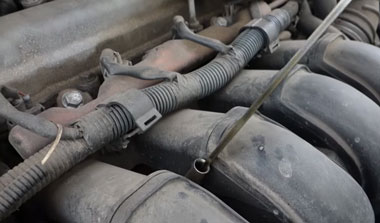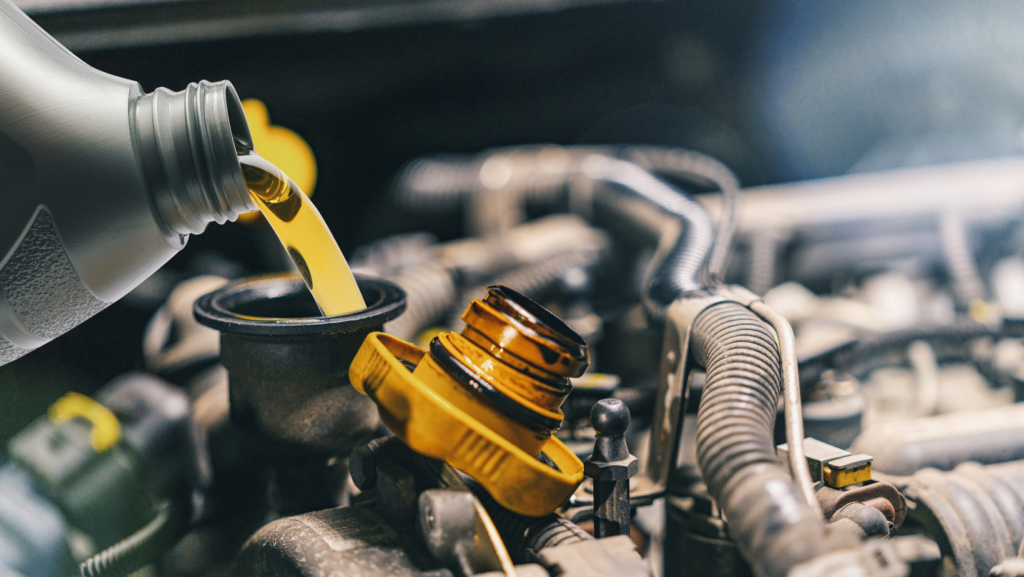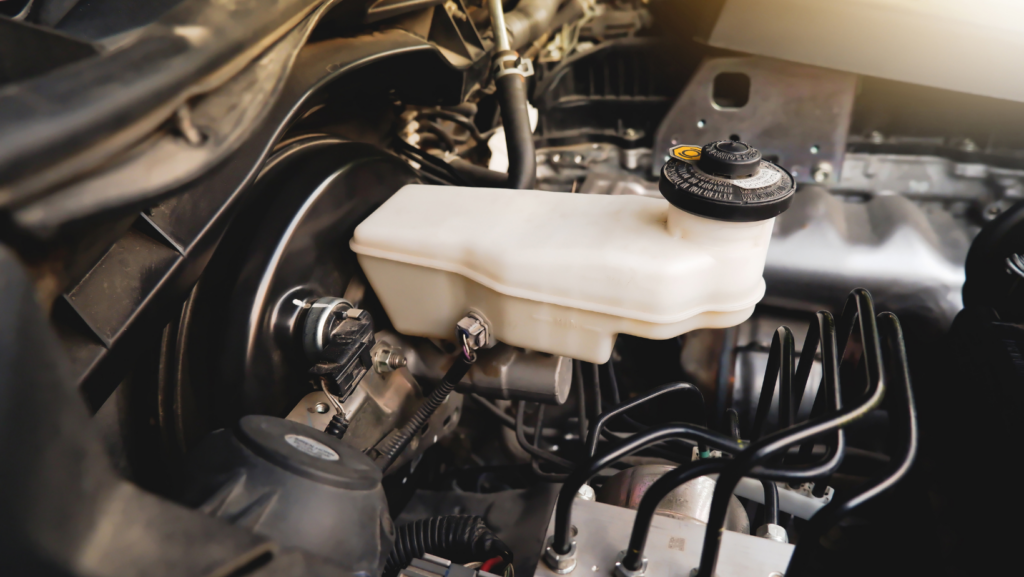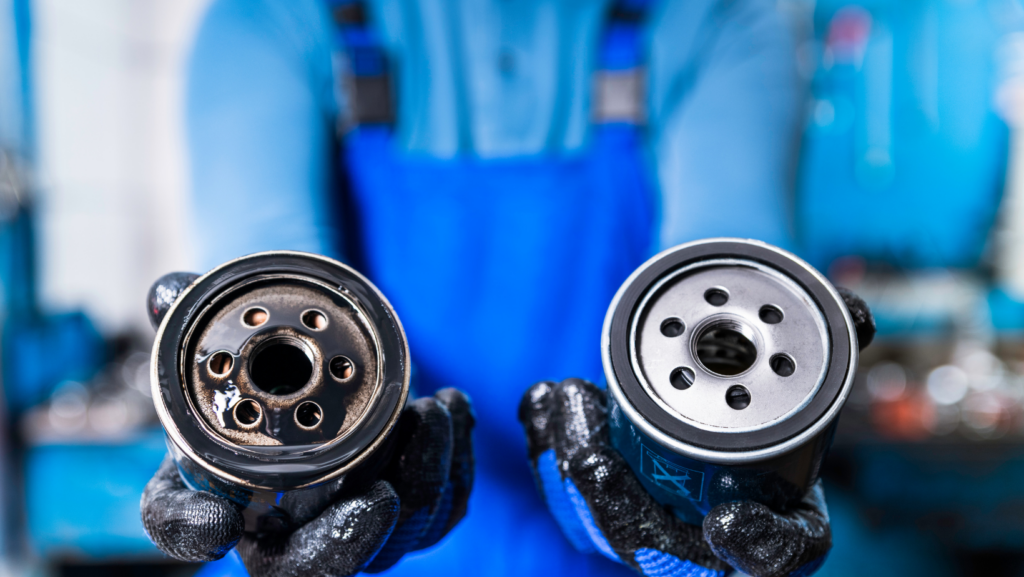
Regular oil changes are a fundamental aspect of vehicle maintenance and are key to ensuring your engine runs smoothly and efficiently. This guide covers the essentials of oil changes, from understanding different oil types to recognizing their benefits. Whether you’re a seasoned car enthusiast or a new driver, grasping these basics can significantly impact your vehicle’s health and performance.
The Vital Role of Oil Changes: Nurturing Your Engine’s Lifespan
Oil is the lifeblood of your car’s engine, playing a pivotal role in its longevity and performance. Regular oil changes are crucial for maintaining engine health. Over time, engine oil degrades and accumulates contaminants, which can lead to increased friction and other complications if not addressed. Changing the oil at intervals recommended by your vehicle manufacturer ensures that your engine is always running on clean, effective lubrication.
This preventive measure is vital for reducing wear and tear on engine components. Fresh oil provides a thin barrier between engine parts, reducing friction and preventing damage caused by metal-on-metal contact. Oil helps to dissipate heat, keeping the engine at an optimal operating temperature.
Neglecting oil changes can lead to a buildup of sludge and debris in the engine, impeding its efficiency and potentially leading to costly repairs. In contrast, regular oil changes contribute to a smoother-running engine, better fuel efficiency, and a longer engine life. By adhering to your vehicle manufacturer’s recommended oil change schedule, which you can find in your owner’s manual, or by consulting a professional at an oil change near me, you can ensure your engine remains in top condition for years to come.
Decoding Oil Types: Synthetic vs. Conventional Oils Clarified
Understanding the difference between synthetic and conventional oils is key to choosing the right one for your vehicle. Conventional oil, derived directly from crude oil, has been the standard choice for many years. It offers adequate lubrication and protection for a wide range of engines, especially in older models. However, it can break down faster under extreme temperatures and heavy use. Always consult your vehicle manual to know what type of oil the manufacturer recommends.
On the other hand, synthetic oil is engineered with chemical compounds that provide superior properties. It remains stable at high temperatures and flows better in cold weather, making it an excellent choice for modern engines, high-performance vehicles, and vehicles operated in extreme conditions. Synthetic oil also tends to last longer between changes, reducing waste and potentially saving you money in the long run.
There’s also a middle ground: synthetic blend oil. This type of oil combines the best features of conventional and synthetic oils. It offers better protection and performance than conventional oil at a lower cost than fully synthetic options.
When choosing between these types, consider your vehicle’s specific needs, your driving habits, and the manufacturer’s recommendations. You can find these details in your vehicle’s manual or consult with a professional at an oil change service. Remember, using the right type of oil not only keeps your engine running smoothly but can also affect your vehicle’s overall performance and longevity.
Efficient Maintenance Techniques: A Comprehensive Oil Change Walkthrough
Performing an oil change may seem daunting, but understanding the process can help you appreciate the importance of this routine maintenance task. Whether you’re a DIY enthusiast or prefer professional services, knowing what an oil change involves can be enlightening.
Firstly, the old oil is drained from the engine. This oil carries away dirt, debris, and metal particles that have accumulated over time, so removing it is crucial. Then, the old oil filter, which traps these contaminants, is replaced with a new one to ensure the new oil stays clean. When disposing of your oil filter, look into sustainably disposing at your local recycling facility or drop off at your local Pep Boys Service Center.
After draining the oil and replacing the filter, new oil is poured into the engine. This fresh oil is free of contaminants and has the right viscosity to lubricate the engine effectively. It’s essential to use the correct type and amount of oil specified for your vehicle, as detailed in your owner’s manual or by a professional at auto service near me.
It’s also a good opportunity to check other fluids and components, like the air filter or coolant levels, to ensure your vehicle is in optimal condition. Regular oil changes are a cornerstone of preventive maintenance, keeping your engine running efficiently and potentially avoiding costly repairs down the line. Whether you choose to do it yourself or rely on a professional mechanic, understanding these steps underscores the importance of regular oil maintenance for your vehicle’s health.
Beyond Lubrication Benefits: Impactful Advantages of Regular Changes
While the primary role of oil is to lubricate the engine, regular oil changes offer several additional benefits. These advantages contribute to your vehicle’s overall health, performance, and longevity.

One significant benefit is enhanced engine performance. Clean oil ensures that engine components work smoothly, reducing friction and wear. This can result in a more responsive and efficient engine, with smoother acceleration and better overall performance. Regular oil changes also contribute to better fuel efficiency. A well-lubricated engine works more efficiently, burning fuel more effectively, which can lead to savings at the gas pump.
Another advantage is the prevention of engine overheating. Oil plays a role in dissipating heat. Fresh oil effectively removes heat from the engine, preventing excessive temperature buildup that can lead to engine damage.
Regular oil changes also help in detecting potential engine problems early. During an oil change, mechanics might spot early signs of issues like leaks or wear and address them before they escalate into more significant problems. This early detection can save you time, money, and the inconvenience of unexpected repairs.
Finally, consistent oil changes contribute to your vehicle’s longevity. By maintaining a clean and well-lubricated engine, you’re helping to extend its lifespan, ensuring that your vehicle remains reliable for many years. Regular oil changes are an investment in the health of your car, safeguarding its value and performance.
Cost-Effective Engine Care: How Routine Oil Changes Save You Resources
Routine oil changes are a cost-effective way to maintain your vehicle’s engine. While they may seem like a regular expense, the long-term savings they offer far outweigh the immediate costs. Regular oil changes prevent the buildup of harmful deposits and wear on engine components, which can lead to expensive repairs or even cause engine damage.

By regularly changing your oil, you’re essentially investing in preventative care. This proactive approach reduces the likelihood of severe engine problems that can result in costly repairs. For instance, oil sludge buildup can cause engine blockages, leading to overheating and severe damage. Regular oil changes keep the engine clean and functioning optimally, avoiding these costly issues.
Additionally, as mentioned earlier, clean oil improves fuel efficiency. By ensuring that your engine runs smoothly, you’re also maximizing its fuel consumption. This improved efficiency means fewer trips to the gas station, saving you money over time.
Furthermore, maintaining a consistent oil change record can enhance your vehicle’s resale value. A well-maintained vehicle, evidenced by regular oil changes and care, is more attractive to potential buyers. It demonstrates responsible ownership and suggests that the vehicle is likely to be reliable and in good condition.
Ultimately, the small investment in regular oil changes pays off by protecting your vehicle’s engine, improving efficiency, preventing costly repairs, and maintaining the car’s value. Consider scheduling your next oil change at oil change near me to ensure your vehicle continues to run at its best.






































